Q&A with Three Generations of HKUST Math Majors
By Aastha Shreeharsh
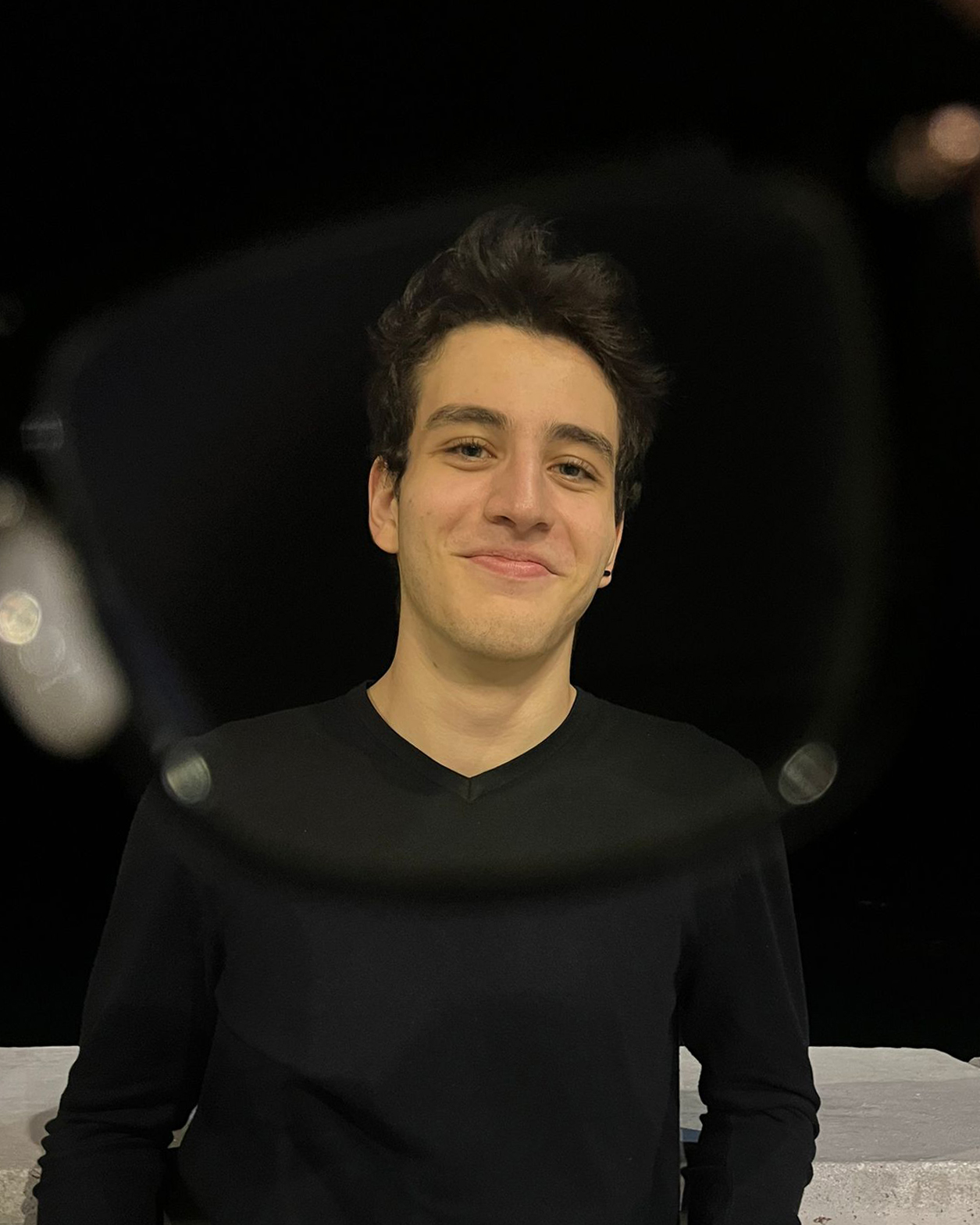
Uras SOMER
Undergraduate Year 2 student majoring in mathematics
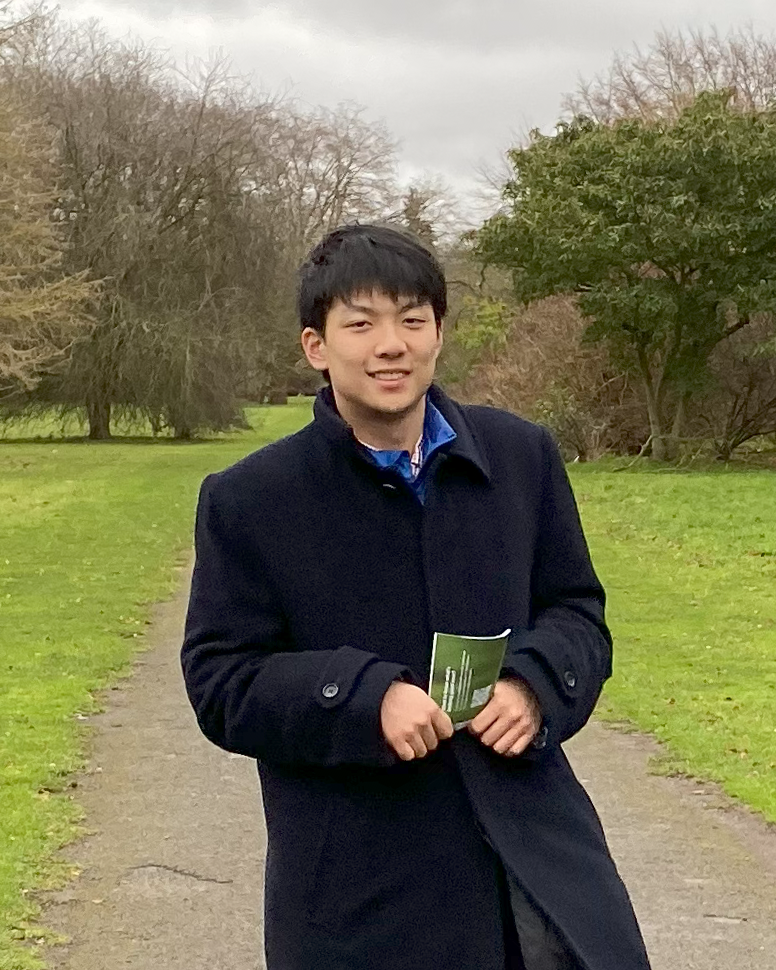
Anson CHUNG
BSc in Mathematics, 2024
MPhil student at HKUST (Geometric Flows)
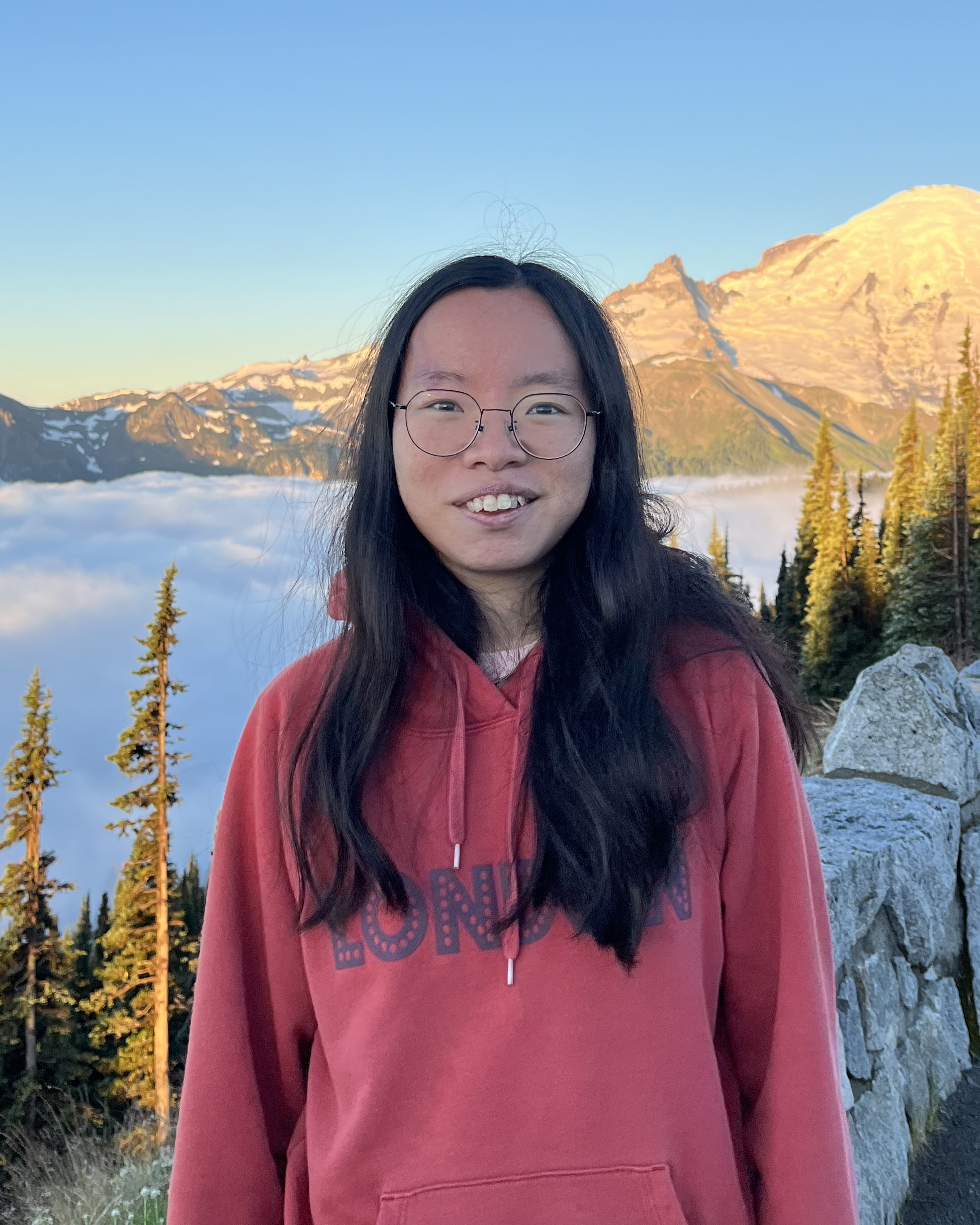
Sonia CHOY
BSc in Mathematics, 2023
Graduate student at Northwestern University (Math, Representation Theory and Mathematical Physics)
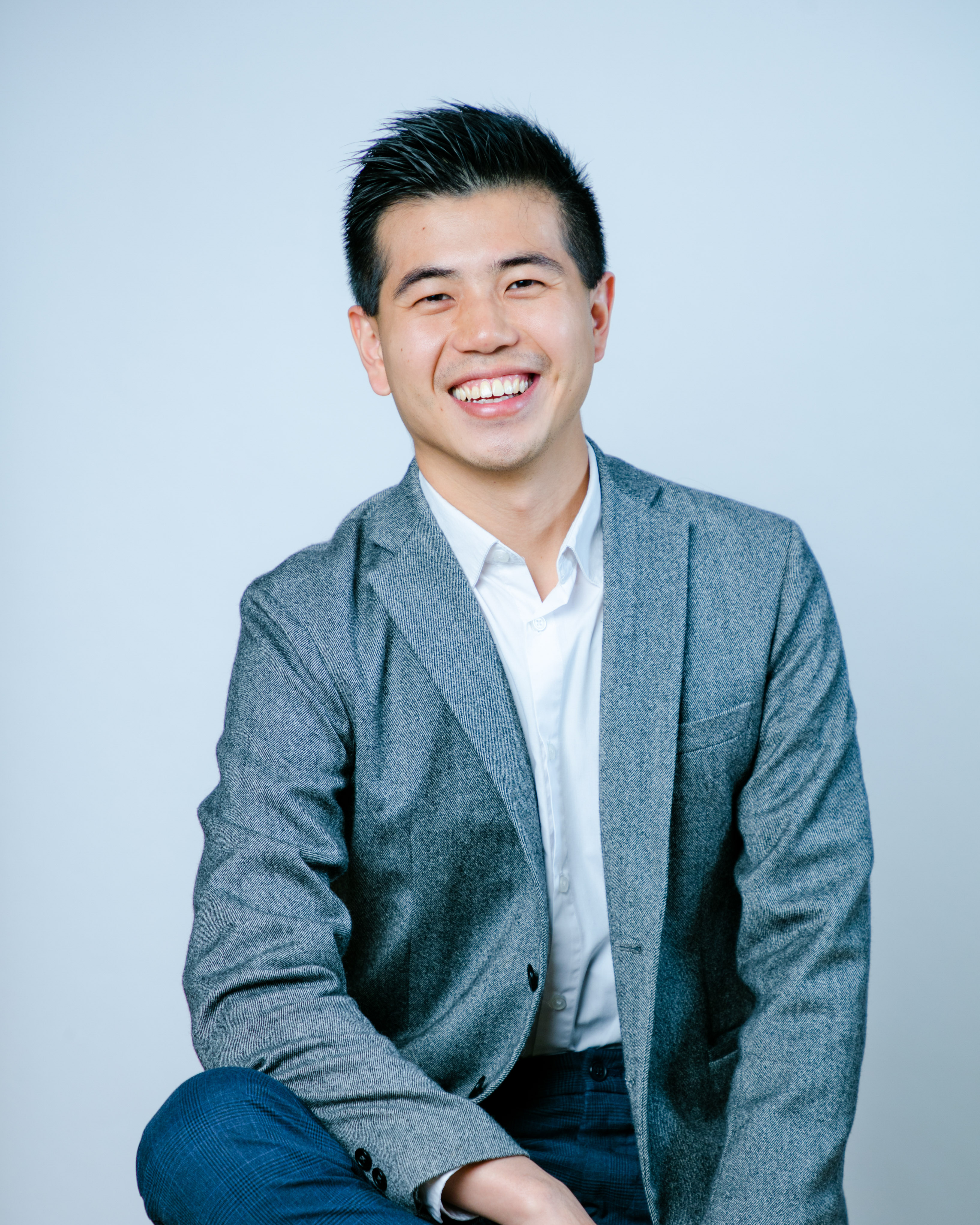
Victor LI
BSc in Mathematics, 2012
Vice President of Human Resource Information System, Hong Kong Exchanges and Clearing Limited (HKEX)
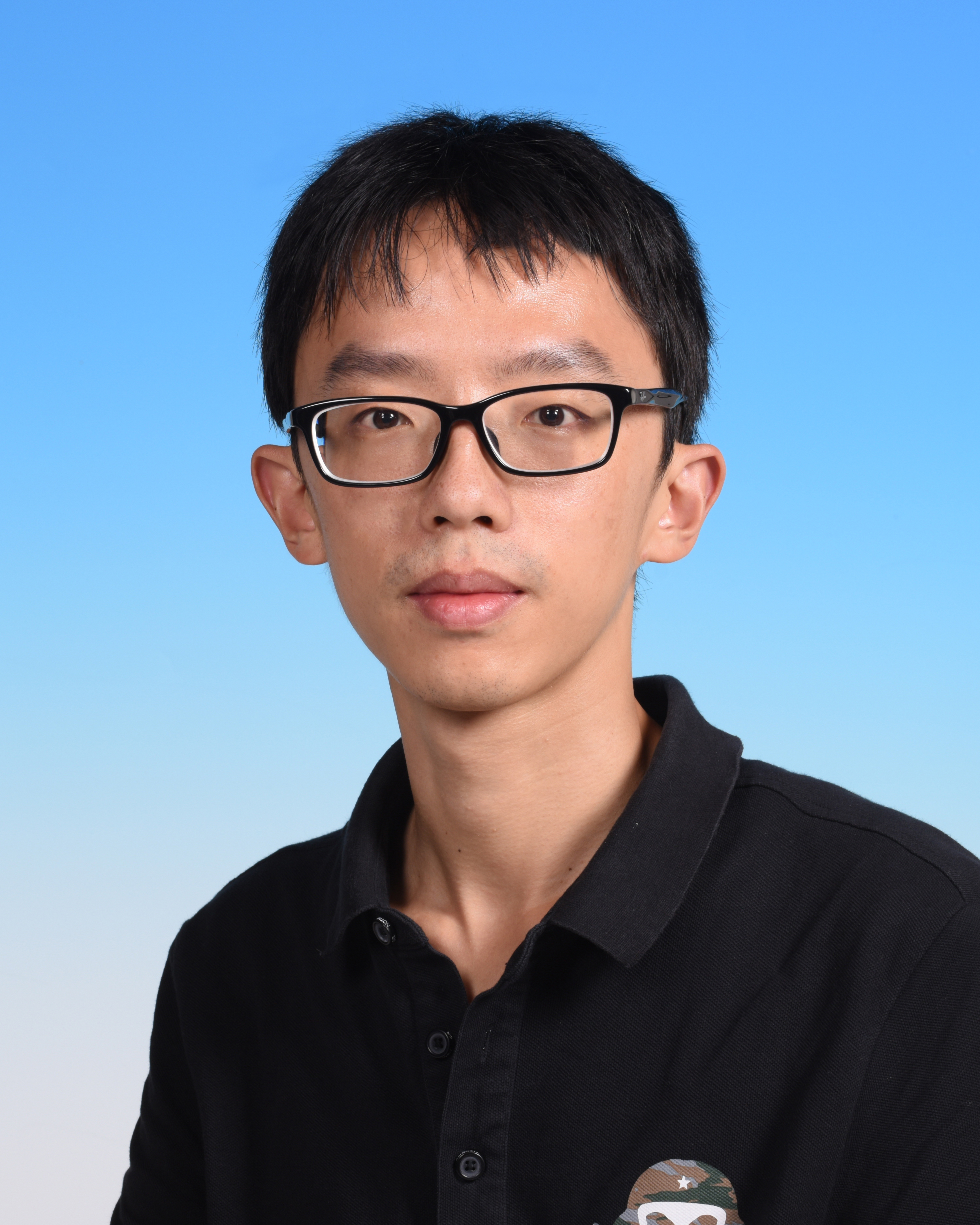
Dr. Chi Man LEUNG
PhD in Mathematics, 2011
MPhil in Mathematics, 2009
BSc in Mathematics, 2007
Assistant Professor of Science Education, HKUST
What inspired you to major in mathematics?
Uras: In middle school and high school, I was always interested in math. It was my favorite subject, but I never really considered it as a serious career path. In high school, my teacher really motivated me and explained things very differently from other teachers, showing us concepts through different perspectives. He also recommended a book called 50 Maths Ideas You Really Need to Know; it just had these 50 random, very interesting concepts. That was the first time I saw the number e. I was fascinated by these ideas and started learning topics on my own. I got very into integrals — I got obsessed with integrals. Maybe some mathematical purists would disagree with me because a lot of people don’t like doing computations. They just like the conceptual aspect, but I was having a lot of fun solving integrals.
Dr. Leung: The reason was very ridiculous. At that time, math was the only subject that I liked. The thing is that you just have to think, you did not have to memorize — I hated Chinese, English Language, physics for this reason. I liked math more so that’s why I put more focus there; even in high school, I thought I could handle the math well and that’s why I chose math as my first choice — even though, at the time, many of my teachers objected to this idea and kept asking me for meetings to convince me not to choose math. At that time, it was believed that the only career you could have with this degree was becoming a high school teacher.
Victor: I don’t think there was one, but I was always interested in math — in solving a question by logical sense. When I started thinking about what I can study in university, mathematics was quite attractive. When I was doing past papers for A-levels, I was obsessed with doing the ones for mathematics. After not so much thought and consideration, I thought, why not? I really wanted to do mathematics instead of giving presentations, although at this stage in my career I can understand just how important presentation skills are, especially in the industry. I was very happy when I solved every single math question at that point. When I was choosing the stream of study — I need to emphasize that I still loved math so much — I chose the very serious mathematics, that was pure mathematics. But if I could go back in time, I would have picked applied mathematics.
Anson: It was not a single person or event that sparked my interest in mathematics. I suppose I was genuinely interested in science during my secondary school time, and to learn science, you need a little bit of math. I remember reading something like “Calculus in Comics” and had some interest in math early on. Yet, I was more interested in chemistry in Form 4, but the more I learned about chemistry, the more I realized things are not so absolute. There are always exceptional cases, but memorizing every exception was frustrating — thus, I turned to math.
Sonia: Funnily enough. I have a very specific answer to this because when I first came to HKUST in my freshman year, I thought I wanted to major in physics. After a year of discovering I was completely useless in a lab, I was very much inspired by my professor, Ivan Ip, who taught honors calculus and eventually became my undergraduate advisor. I suppose he sparked my interest in majoring in math. I also had a really good high school teacher who did not make me hate math. He encouraged us to enjoy math. Even one good teacher can change everything.
Did you ever consider any other major or career?
Uras: Honestly, I was pretty lost about my career when I was younger. I never seriously considered any other major or career path — maybe, I was very interested in astrophysics for a while; but once that spark of mathematics came, I did not really change paths for a long time — perhaps since the beginning of high school. For me, now I see, there is no way I could have done physics — obviously, physics has a close relationship with math but they are also incredibly different. I think the separating line is whether you are fine with just thinking and doing something for the sake of things; you really have to enjoy mathematics for the sake of it. I really liked how perfect mathematics is; in physics, we build on our observations rather than proofs and it left me unsatisfied. Different tastes.
Dr. Leung: Especially at the time of my master’s program, I thought of working towards becoming an investment banker after doing a master’s degree in financial mathematics, but I decided against it due to the inflexible working hours. Personally, I do not really like that lifestyle, despite the significant amount of money you can earn. At that time, I liked teaching more. I remember when I chose the math major at HKUST, I set a goal for myself one day to become a lecturer or professor at a university. I’d say it’s a very flexible life, and you have more freedom which I prefer. I chose to stay in academia instead of going into the industry.
Victor: I think when I was applying for the math major, I was not really thinking about the next steps. If I could have gone back in time, I would have spent more efforts thinking about what I want to do after graduation, not just what I wanted to do during those four years. I am not saying pure mathematics is a bad choice, but in terms of career interest, it was not mine. At the time of job applications, I actually was applying to be a mathematics teacher, but somehow I ended up taking up a corporate job; well, here I am.
Anson: Several. I considered economics, biology, chemistry (a while ago), and computer science. I was thinking if I could not study mathematics, I would choose computer science or biology — thankfully, this wasn’t the case as I later found that I was too lazy to type both the code and the lab reports.
Sonia: Originally, in high school, I considered going into music because I played piano very seriously. I decided against that as I was also very interested in the sciences. At the time, I was very interested in particle physics. My dream was to work at CERN, the particle accelerator, do cool things and discover new particles. What attracted me to physics was more the theory side — which sort of explains why I went into math instead. When you read pop science books for the first time and come across the Grand Unified Theory at age 12, you think you really want to do that and change the world. I would watch Neil deGrasse Tyson, MinutePhysics, and a bunch of channels like 3Blue1Brown and Numberphile, which sustained my interest in the science and math side of things. I came into the School of Science with my major undeclared, but after physics lab courses, I realized it wasn’t for me because I kept breaking things in the lab. I’m quite sure my lab technician will remember me for years to come.
If you could change one thing about how mathematics is taught in schools, what would it be?
Uras: So, I can only speak to my experience in Turkey obviously, but I think this is probably a general need for math education as well. I think things need to be taught a lot more fundamentally. Obviously, you do not need to learn abstract algebra to become an engineer or need to know what a quantum group is; but even the basic concepts, like the quadratic equations or quadratic formula, they are just given to the students to memorize. Now that I look back on what I learned in high school with the new knowledge I have, everything seems a lot simpler than when I tried to use bits and pieces of theory on my own. Everything seems more coherent, I don’t even need to memorize anything! I naturally have a logical flow that helps me understand what the concepts are. For example, we would have a whole unit on drawing quadratic graphs — instead of that, I think they can broaden the topics they teach and then just explain why we do the things we do and students would understand a lot better.
Dr. Leung: Nowadays, curriculum in high school math is getting easier and easier. There is a huge gap between university and high school math — many students are struggling once they enter university. I am not sure if this a problem specific to Hong Kong, seems like this may be the case worldwide. Some students are struggling with concepts we expect them to know, which is due to a lack of training. In A-levels, there was more rigorous training — M2 of the HKDSE provides similar training but it is broad and not as intensive. In your first year of university, you have much to catch up on with new concepts, especially when this gap is big, but we expect students to explore other aspects of university life during this time as well.
Victor: I would say the more group projects you work on, the more you can develop yourself in different respects. Not just only focusing on the problems themselves, you can develop the problem by yourself, solve that problem with other people, and learn how to work with them. I think collaboration and communication skills can be developed earlier in life — when some math students are applying for jobs, they have not been trained that intensively to talk to people professionally as business students were. So if I could choose, I would rather prefer more group projects or even opportunities to just present your ideas in front of the class.
Anson: Schools really like exams in mathematics for some reason — I suppose, one practical reason is that it’s easier to gauge student’s ability. A good exam paper should not be too difficult that you have to be excessively creative. There should be some easy problems too. It should be difficult enough at first glance, but students should be able to figure the answers out eventually. Personalized education is difficult — the expectations of students and educators are different; but if I have to say, I would hope for there to be more proofs because some topics in the syllabus were merely touched upon. For example, when they teach trigonometric substitution, they will just teach you how to do it but not why, although sometimes it’s better to know how to do it first, so it’s a tricky balance. It would be much better to deemphasize exams anyway.
Sonia: At least in Hong Kong, since I came from the local school system, the way math is taught here is very sort of rigid. People often rely on past papers to get “good at math” but college math does not work that way. Also, there are sometimes, arbitrary cuts to the syllabus that occur at the most random times, and it doesn’t really give a full picture of what math is really like. I’m not an expert in education, but I think maybe introducing more options for students in senior secondary school would be good. Right now, the situation is that a bunch of students will be asked to understand the math they will never use, such as 3D geometry projection problems, since they would study history or law; on the other hand, there are students who want to go into engineering or mathematics-heavy degrees and they clearly need more math background. So, introducing more options would be most beneficial. For example, in the extended math curriculum, integration is taught but not integration of trigonometric functions fully.
Many students may be interested but intimidated by math. Were there any resources you found helpful during your study?
Uras: First of all, for anyone considering studying math, I would recommend learning some university level math before choosing this major. Your high school courses don’t indicate what you will learn in the future; so, just look some stuff up, go on Google, see MIT OpenCourseWare and look at some foundation courses, even if it’s not the honor version — it will at least give you some idea of what you are getting into. For the more casual learners, I would recommend two YouTube channels. First, Eddie Woo, who explains more high school level basics but he does it in a way that I have never seen anyone else does — amazing, concise and teaches the fundamentals. For a little more higher level math, Professor Leonard. But if you’re serious, MIT OpenCourseWare or maybe some Harvard lecture notes.
Dr. Leung: If you cannot solve a problem, it’s usually just because you do not have enough experience yet. If starting a problem is intimidating, it is just that you need more experience — sometimes, textbooks only give you solutions, instead of how to solve the problem. In that case, the classroom experience is very important! Being able to interact with classmates and teachers is crucial, so that’s why I stay behind in class, so students can interact with me and ask me questions without the pressure of interrupting the flow of my lecture.
Anson: I think it’s your interest that drives you forward when it is challenging and tedious. It depends from person to person what resources would be most helpful ultimately. Pick the resources that drive your curiosity further in the subject. I recommend the book Elements of Mathematics by John Stillwell. It may not be an easy read for high school students, but it features a wide range of content with a suitable depth.
Sonia: I guess what got me interested in math was many very good YouTube channels that cover math topics. For example, 3Blue1Brown gives very good visual intuition for linear algebra. Numberphile has some videos on interesting numbers. There are many, many videos about complicated concepts that they try to explain in a more digestible way — however, I do not have a very accurate idea of whether it is digestible for the average person since I’m at a point where once I see a concept, I tend to understand. In my undergraduate years, I would also spend a lot of time on the website Mathematics Stack Exchange when confused with homework. I think another good resource is talking to other people in math — talking to other people who share the same love for math is a great way to further your understanding of math.
Do you have any advice for high school students thinking of studying math?
Uras: Just make sure you really love what you are doing. Make sure you are not bound by other factors too heavily — perhaps, like chasing money, which might be difficult especially if you want to be a pure mathematician; although, if that’s your passion, you can study it first and branch off to many other career paths other than being a professor. Be prepared to face challenges. If you are stuck on a problem, don’t give up and give it time. The answer might come to you after a good night’s sleep or on the MTR; it's not the end of the world if it doesn’t come to you immediately. Don’t be afraid to seek help, ask your peers or teachers. There’s no shame in seeking hints or help, as long as you understand the answer.
Dr. Leung: Students should know what they will do after graduation. Math can be treated as an art, at the same time it can be treated as a tool in solving real life problems. For some students who love math as an art and really want to stay in academia, of course you can study pure math and that’s it. Let’s say if you are not very interested in math, you just want to work in industry — then you need to be careful in choosing math as a major. The most important thing is you need to think about what kind of courses you want to take — you’d want to pick courses in the vein of applied mathematics. You need to pick a track or program that offers that sort of applied mathematics. The second thing is to spend time thinking about why certain math concepts are important. You need some time to understand the motivations and basics of a concept in order to solve problems effectively, especially if you are not pursuing math for the sake of it, or viewing math as an art.
Victor: In general, don’t use math as an excuse to hide yourself from the challenges we are facing in the world. Especially now, in the modern world, geopolitical or otherwise. When you are thinking of studying math or being a science student, don’t limit yourself to just doing the papers. It should not be a major for you to escape from the challenges and situations in the world — take opportunities to think about the bigger problems you can solve.
Anson: Stay interested, and fearless — don’t think certain math is for university so you shouldn’t study it. There’s no such thing as “university math” or “PhD math”. Just read what you want to read and persevere, even if you think it is hard. You don’t have to be discouraged or disappointed if you don’t understand now. Sometimes, even after exams, I couldn’t thoroughly understand the concepts but a few months later, it became clear when you pick it up again. You don’t have to force yourself to complete a whole book within a month or so, you can come back anytime and it sometimes works better that way.
Sonia: I would say there is no real rush to learning math, at least in high school. At least for local students who are often very bogged down by trying to achieve the perfect score, don’t spend absolutely 100% of your time doing every single past paper and burning the joy out of math. Even within the high school curriculum, there are lots of interesting things to look at and I guess my advice would be to look at these interesting things and find what you enjoy!